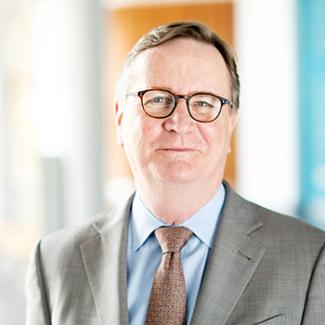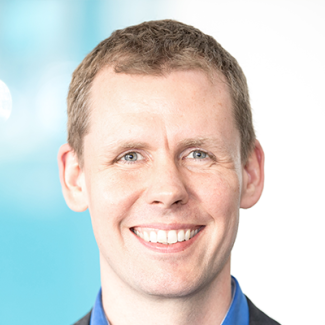
2025 Byers Award Lecture in Basic Science
Tuesday, May 27, 2025
4:30 p.m. Pacific time
UCSF’s Sandler Program for Breakthrough Biomedical Research presents the 2025 Byers Award Lecture in Basic Science. Through the generous support of the Byers family, this award is given annually to recognize and support the outstanding research of a mid-level faculty member. Join us as we celebrate 30 years of advancing scientific breakthroughs and hear from this year’s award recipient, Martin Kampmann, PhD, on how he’s developing strategies to decode and treat aging-related neurodegenerative diseases.
UCSF Mission Bay Campus
Genentech Hall, Byers Auditorium
600 16th Street, San Francisco
Featuring

Sam Hawgood, MBBS
Sam Hawgood, MBBS, became UCSF’s 10th chancellor in July 2014. He previously served as dean of the UCSF School of Medicine and vice chancellor for medical affairs. In addition to his four-decade distinguished career at UCSF, he is renowned internationally for neonatology research. A native of Australia, Chancellor Hawgood earned his medical degree with first-class honors from the University of Queensland in Brisbane. He trained in pediatrics as a resident and specialized in neonatology as a fellow.

Martin Kampmann, PhD
Dr. Kampmann’s research focuses on Alzheimer’s disease and related dementias. His lab develops and applies innovative technologies to understand cellular and molecular mechanisms of aging-associated neurodegenerative diseases and discover new therapeutic strategies. Using CRISPR, Dr. Kampmann studies the genetic drivers of disease in human brain cells and mouse models. He tests how genes affect cells using biochemical and biophysical tools, bridging genetics with real-world cell behavior.